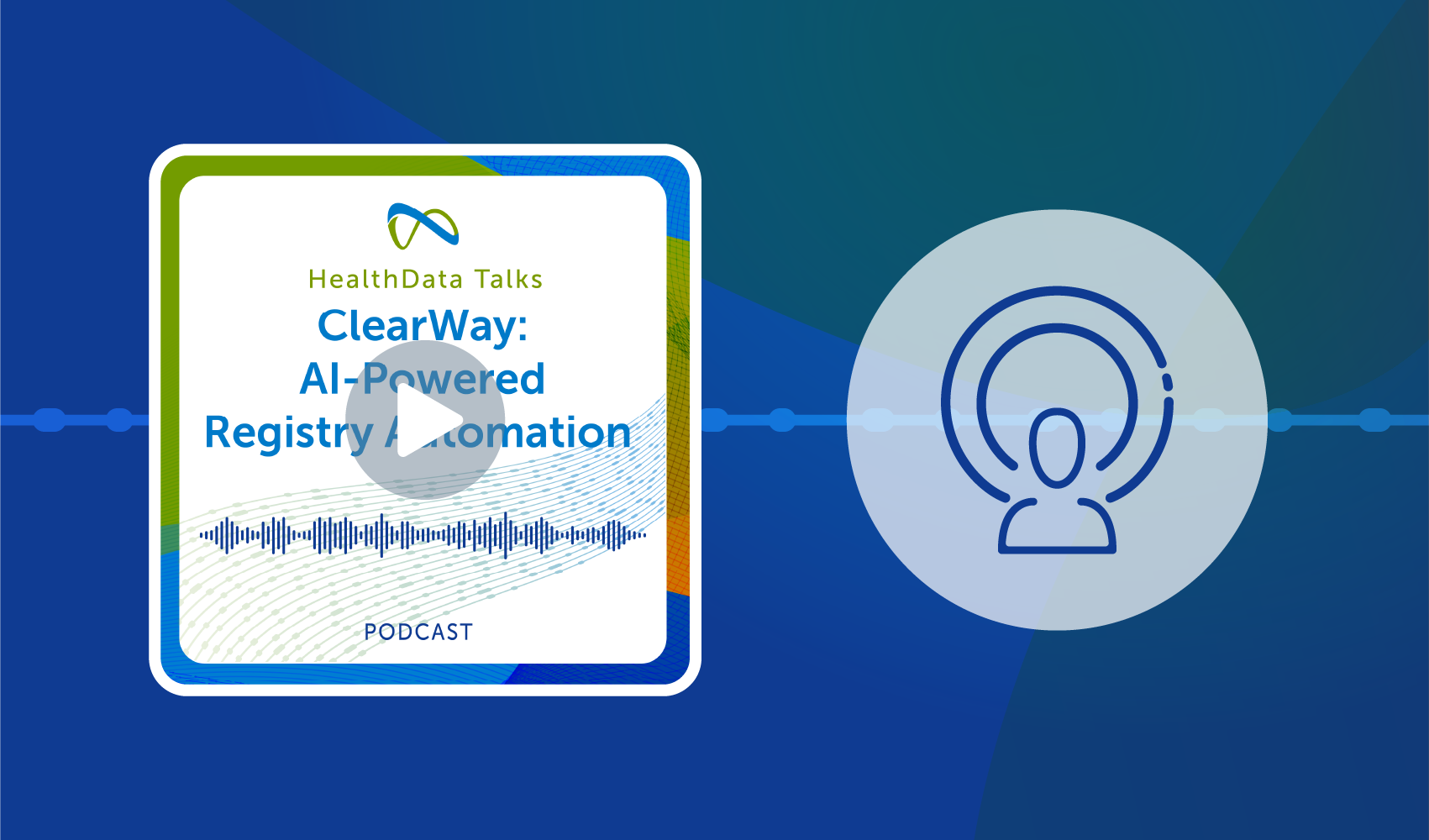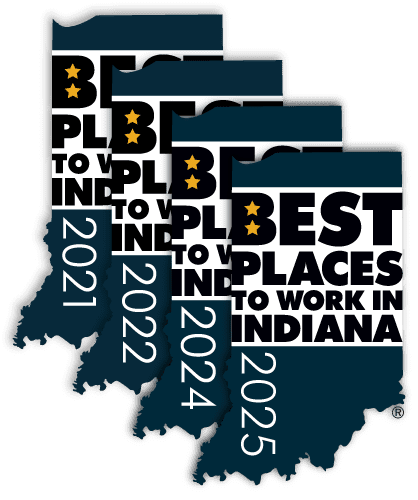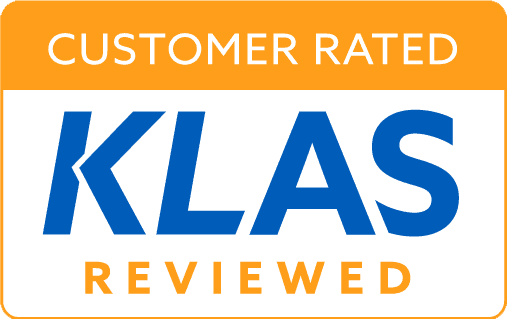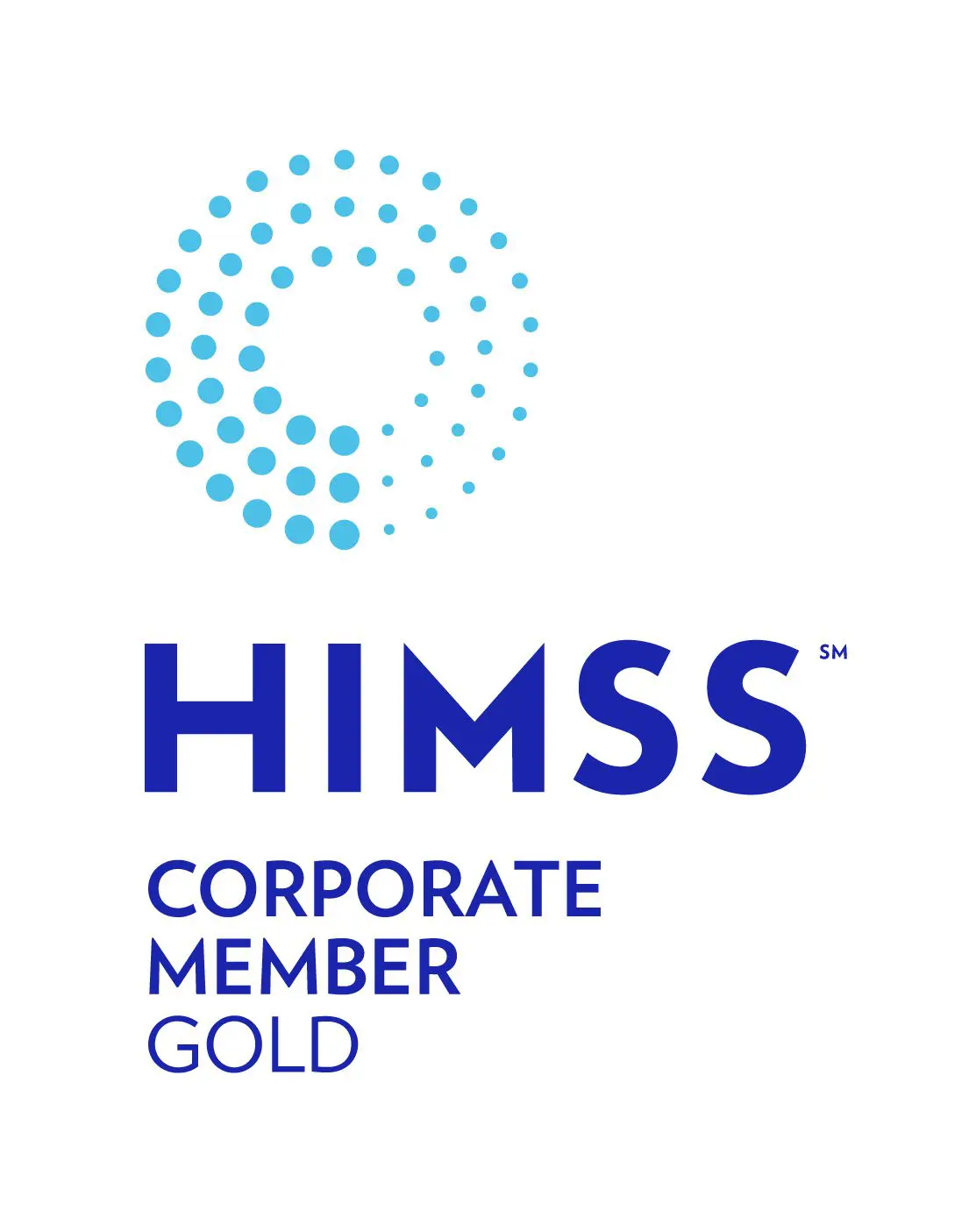HealthData Talks: Information Governance
In this episode, Shannon Larkin and Joe Ponder of InfoCycle focus on information governance and the importance it plays in what is an ever-evolving care delivery network.
Subscribe
You can subscribe to the HealthData Talks Podcast on Spotify, Amazon Music, Apple Podcasts and more.
Key Moments
(0:35) The conversation begins with a quick look at how COVID-19 has made managing legacy data even more challenging for healthcare organizations and how it has impacted information governance. Ponder points out that with so many people working remotely, it has created the vital question of how to securely handle and properly govern PHI from home offices.
(2:08) Larkin asks what other changes have made governing clinical data more difficult recently. Ponder explains that the next biggest impact is clinical cloud adoption and the shift within healthcare to move to clinical cloud platforms. He adds that there are many critical decisions that must be made when data is transitioned and needs to be governed through its life cycle.
(3:11) Ponder explains that having a plan before you begin the data migration is essential. If there is data left behind, how do you plan to govern it? For example, what data will you migrate to the new system?. He adds that the entire information lifecycle ecosystem needs to be considered because disaster recovery requirements remain relevant even with a cloud-based application.
(4:25) Larkin asks what information lifecycle management means and Joe breaks it down into five different phases. These include data creation, management, security, utilization and, lastly, disposal.
(6:16) Next, Larkin and Ponder dig deeper into each phase; how they work together and how healthcare delivery organizations should consider each one.
(7:35) Information governance has a lot of moving pieces. To get started, Ponder recommends organizations focus first on collaborating with the necessary teams, including compliance, legal, business operations, and technical teams to name a few. This way, he says, everyone understands the goal.
(8:38) Second, Ponder says, is to build your foundation with policies and proper training. And lastly, he advises organizations to look at the entire ecosystem of information and then narrow it down by focusing on the most critical pieces that support care delivery. From there, he says, slowly grow over time.
(10:31) Finally, Ponder describes the three different benchmarks he likes to use to measure a project’s success.
Speakers
Host:
Shannon Larkin, VP of Marketing and Business Development at Harmony Healthcare IT, utilizes her 25+ years of health IT experience to connect healthcare organizations with a team of experts that consolidate and modernize data storage to reduce cost and risk.
Guest:
Joe Ponder, Co-Founder and Senior Partner at InfoCycle. He has spent most of his career working with healthcare and financial services firms implementing information security and information governance programs. Joe was an early adopter of the HITRUST security framework and holds numerous certifications including CISSP, HITRUST Certified Practitioner, Six Sigma, ACEDS, ITIL & PMP.
Related Resource Links
Explore Legacy data management and compliance: Read the Article or Listen Now
Learn more about HealthData Archiver®
Read the White Paper: “System Replacement Impact on Legacy Data Retention”
Read the White Paper: “Legal Focus eDiscovery & Healthcare Record Retention”
Follow us
LinkedIn: @Harmony Healthcare IT, the Makers of HealthData Archiver®
Twitter: @HarmonyHit
Ready to connect?
Contact us today to learn more about our healthcare data management solutions.












